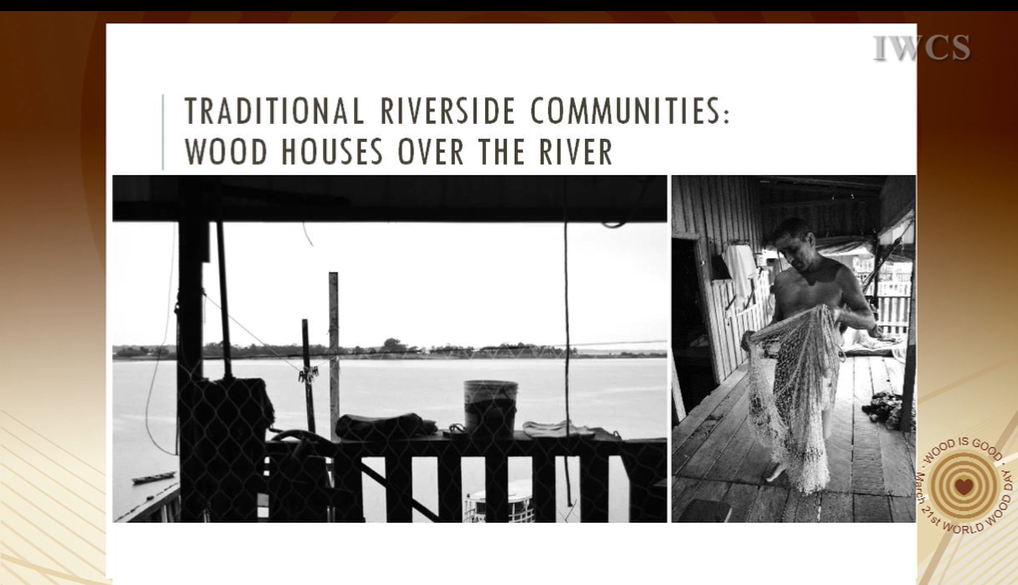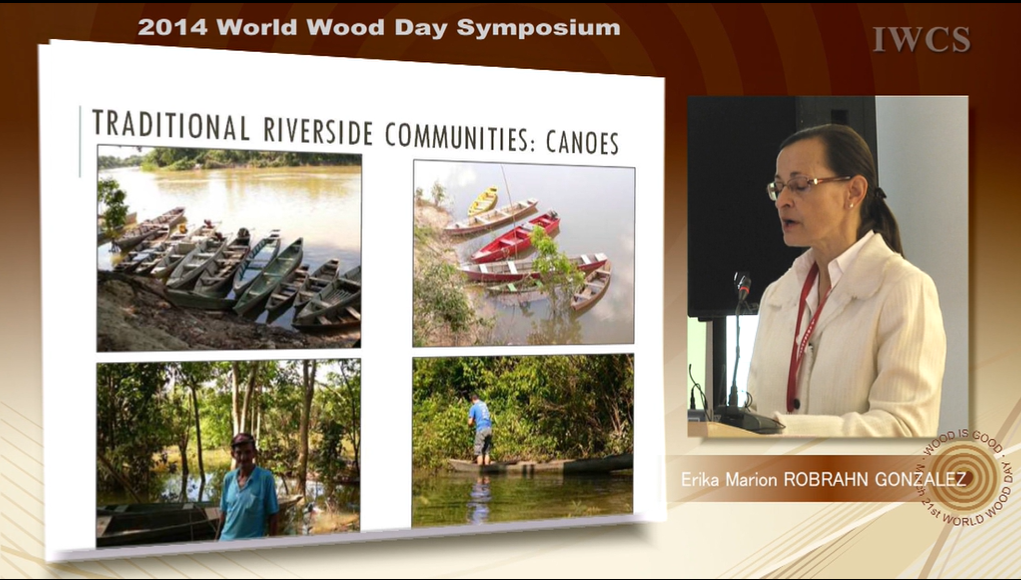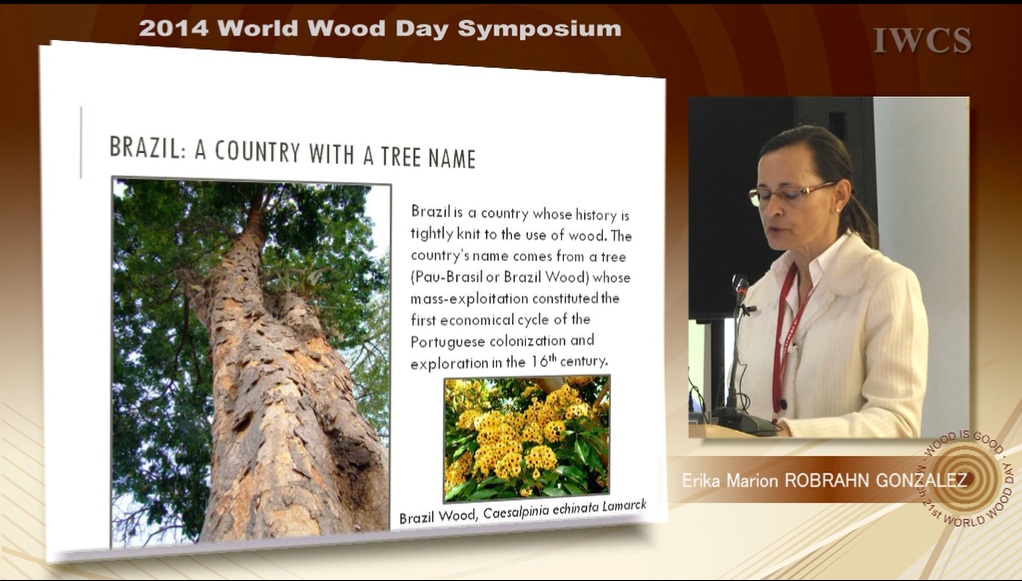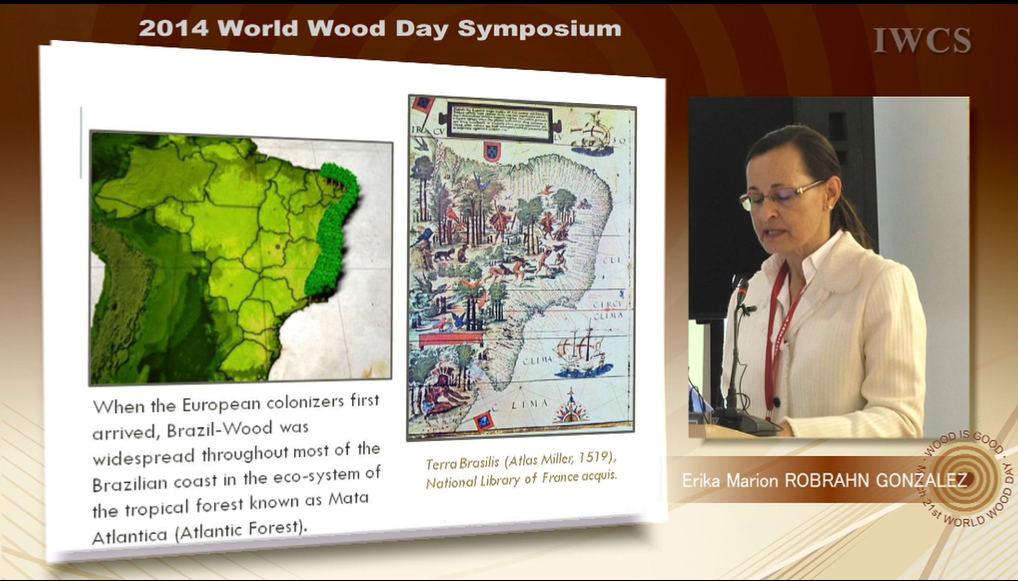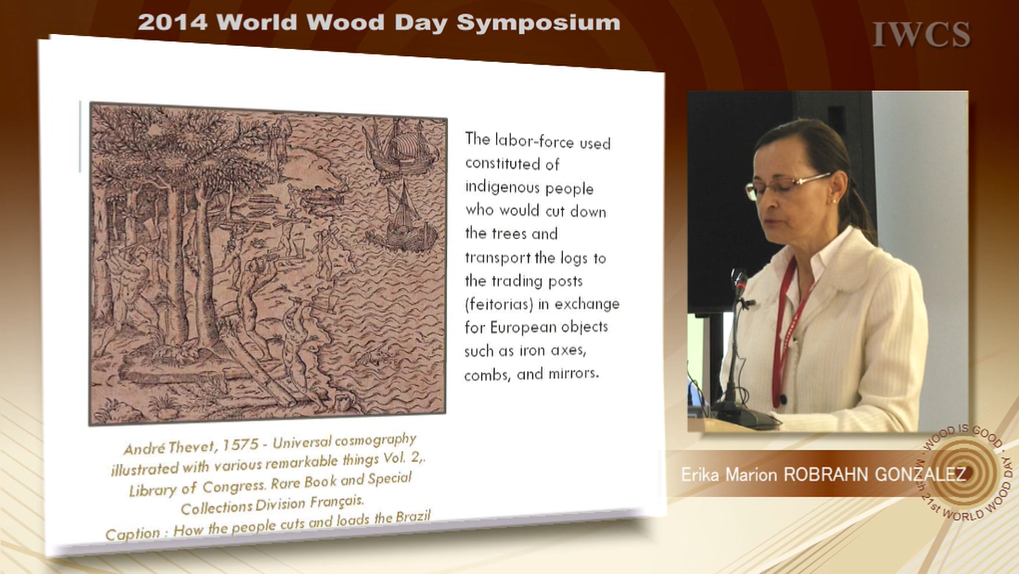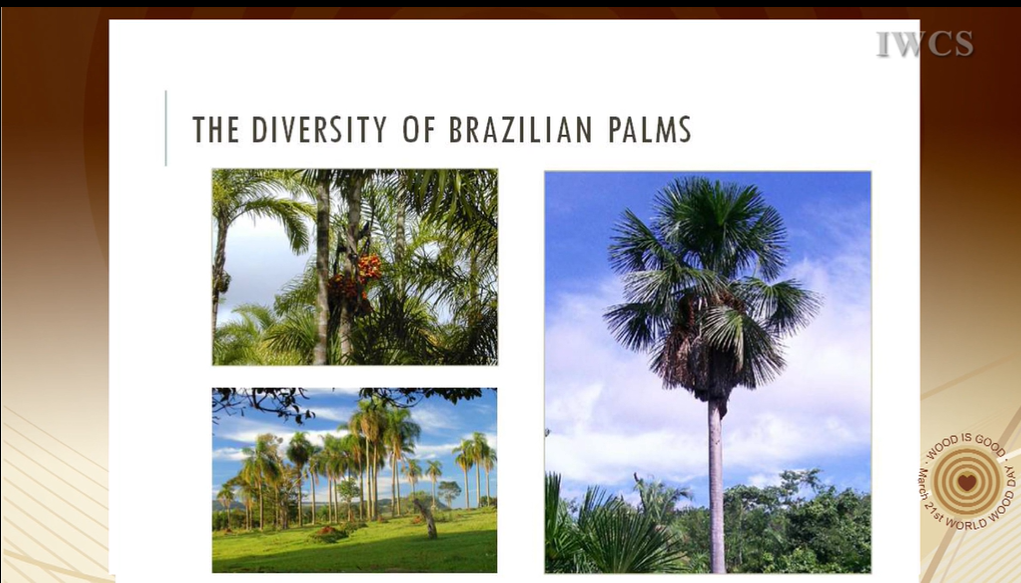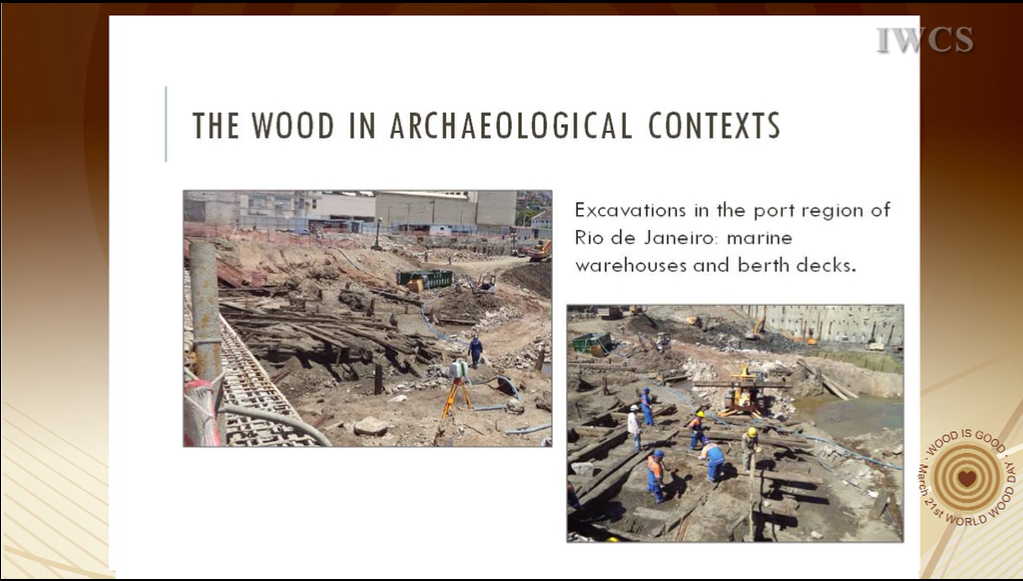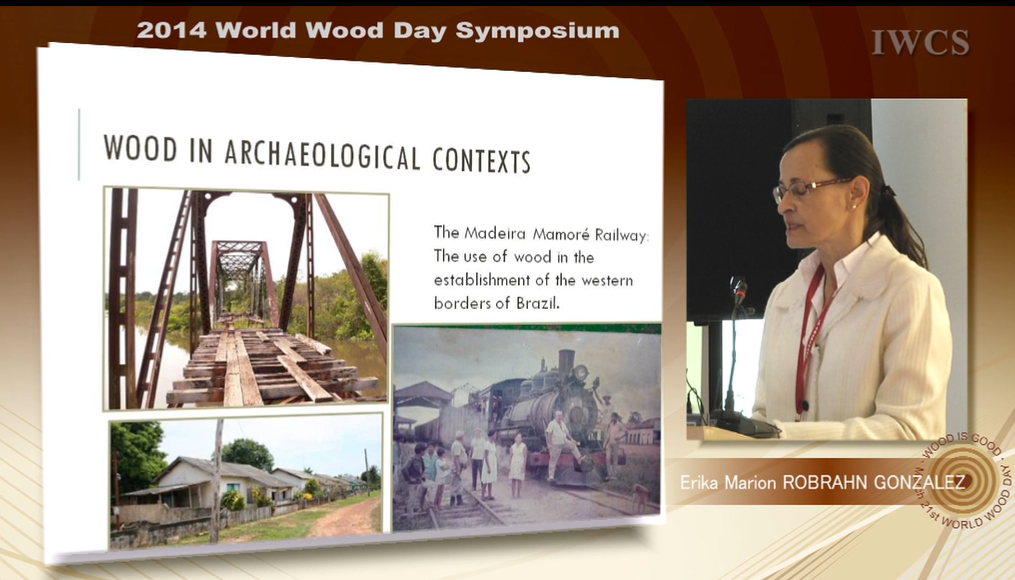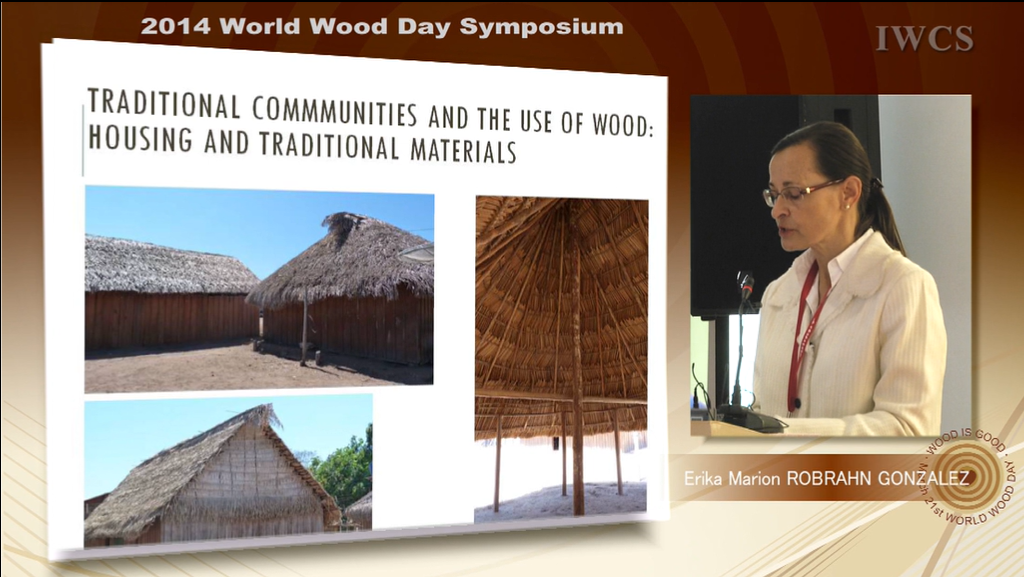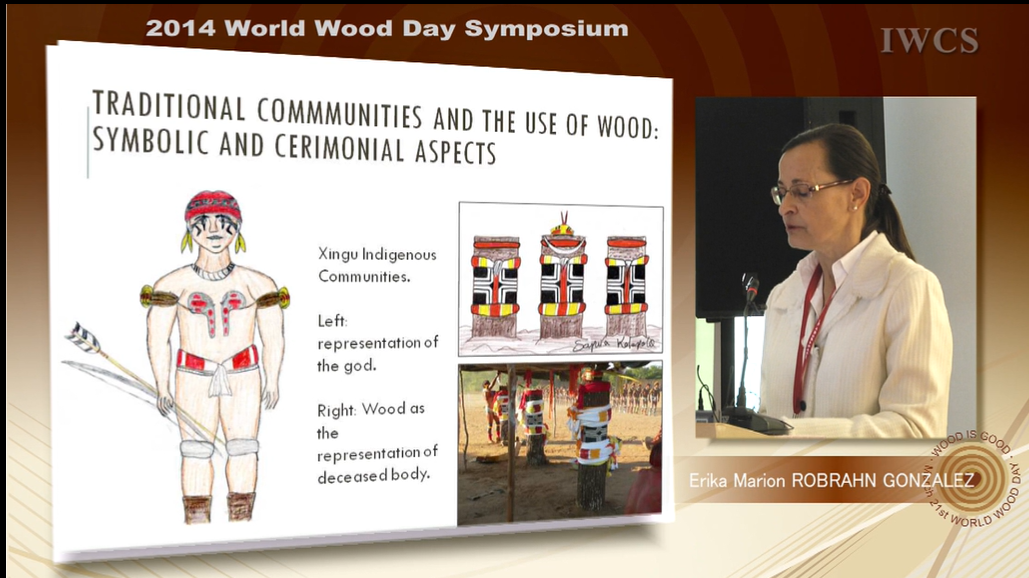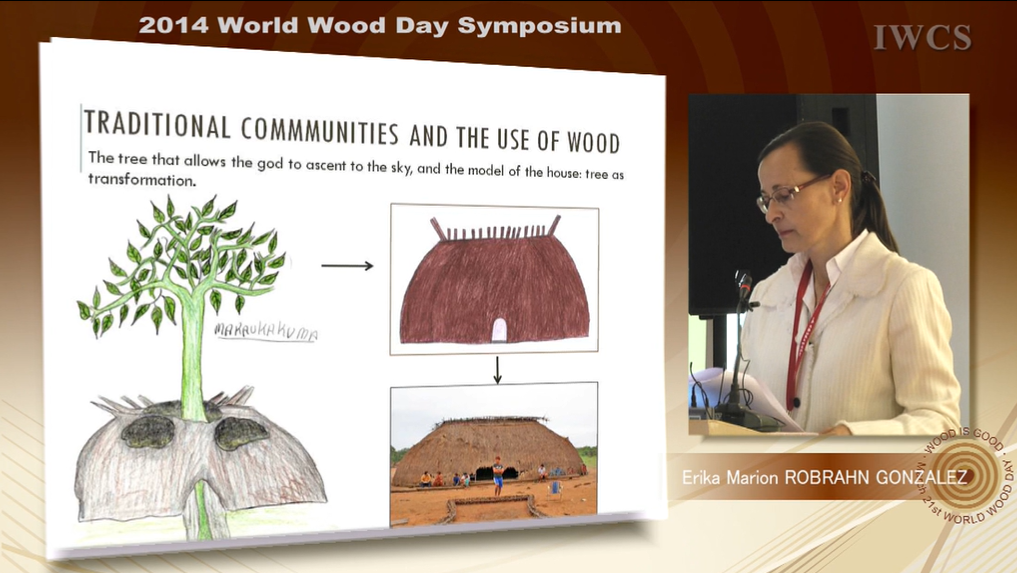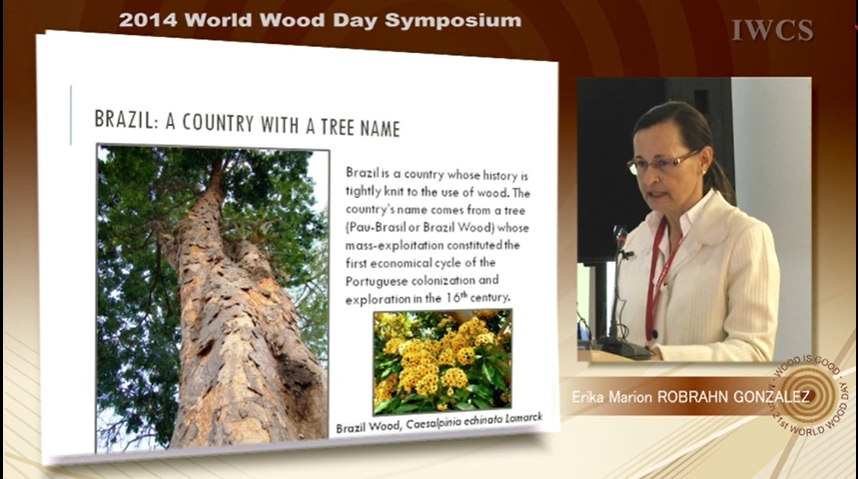会议名称:2014世界木材日研讨会
会议时间:3月21-22日
会议地点:福建·仙游 中国古典工艺博览城
报告人:Erika Marion ROBRAHN GONZALEZ
Partner Director, Master Scientist of Documento Ltda.
Abstract
Brazil is a country whose history and culture are tightly knit to the use of wood. The country’s name comes from a tree (Pau-Brasil or Brazilwood) whose mass-exploitation constituted the first economic cycle of the Portuguese colonization and exploration in the 16th century.
Before that time and dating back to at least 20,000 years, the use of wood and its derivatives (foliage, barks, oils, seeds, etc.) was widespread among Brazilian indigenous communities as can be demonstrated by archeological research.
This presentation’s goal is to present a synthesis of the historical uses of wood in Brazil with a special focus on the cultural changes and adjustments that took place throughout time in relation to the transformations in the ecological environment and which resulted in the scarcity of species traditionally used.
As an example of contemporary practices, we will present two cases of ways of life largely based on the use of wood: traditional riverside communities in the Amazon and indigenous communities from Central Brazil.
In both these cases, wood constitutes the essential element in the life and culture of the communities and has a crucial role in the maintenance of their ways of life. Because of this these communities have a deep knowledge of the diversity of species and their uses both for daily activities (building of houses and boats, eating and manufacturing of various instruments) as well as for symbolic and ceremonial ones.
We will show how these communities have been reacting to the cultural adjustments and transformations in the use of wood from a perspective based on the concept of resilience. We will also attempt to demonstrate the subsequent impact in the self-regulation of their ways of life in order to maintain balance (or stability) through a scenario of adaptations to the profound changes in biodiversity that happen nowadays.
In this scenario, sustainability is a key concept. The necessary evolution from a predatory attitude towards the environment and socio-cultural diversity to a posture that aims at capitalizing on this same exact diversity necessarily implies the acknowledgement and valuing of these goods as heritage of humanity (both environmental and cultural). It also implies the search for the means that make their maintenance possible in an integrated and sustainable way, in other words, within a socio-ecological perspective in which culture and environment are seen as an integrated system that are one and the same.
Speaker Biography
Dr. Erika Marion ROBRAHN GONZALEZ, Partner Director, Master Scientist of Documento Ltda.
Dr. Erika Robrahn-González is a historian, master in Social Anthropology with a PhD, post-doctorate and Tenured Professor with habilitation in Archeology. She teaches courses in Graduate programs on Ethno-archeology and Community Archeology.
Since 1981, she has worked with archeological research in over thirty Native-Brazilian communities with special emphasis on mapping traditional territories and salvaging historical/cultural heritage. She has coordinated the work that received the Xingu Indian community prize as the best initiative for the preservation of cultural heritage (IPHAN, 2008). This work was also the first to be acknowledged by the Brazilian government as National Heritage in the category Native-Brazilian Sacred Places. Alongside IPHAN (National Institute for Historical and Cultural Heritage) she has worked on the formulation of guidelines for archeological research on Native-Brazilian lands.
She has been a member of the Brazilian Archeological Society’s Ethics Committee for eight years. She is co-founder of the first Public Archeology Center in Brazil (UNICAMP, São Paulo).
She also takes part in groups that work on the integration of knowledge among traditional communities in Latin America (Red International del Conocimiento) and that deal with archeological heritage management (president at the Union International des Sciences Pre et Proto-Historiques/UISPP for the “Archaeological heritage policies and management structures” commission, which has members from fifteen different countries and four continents.
Dr. Robrahn-González has given international lectures on conflict mediation through cultural diplomacy in countries like Peru and Bolivia (events organized by the World Bank/LAC), Portugal and Italy (Erasmus Mundus Program and European Commission).
责任编辑:iwcs25Z/H


 3,853
3,853